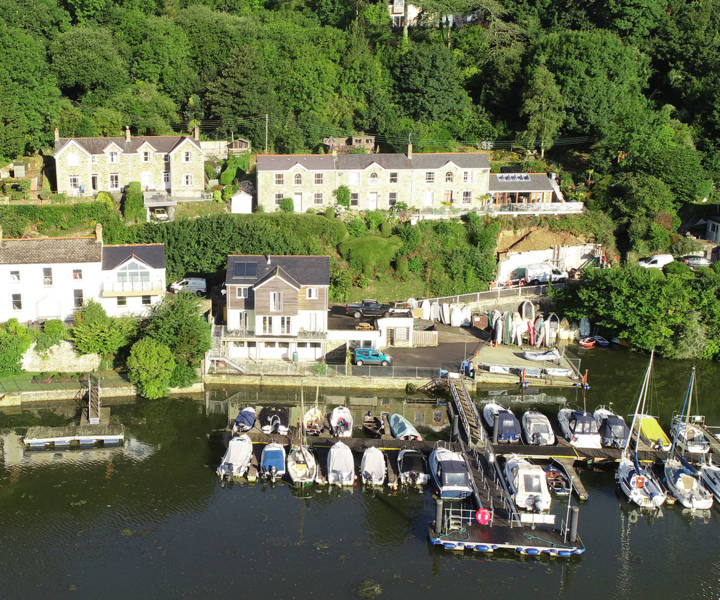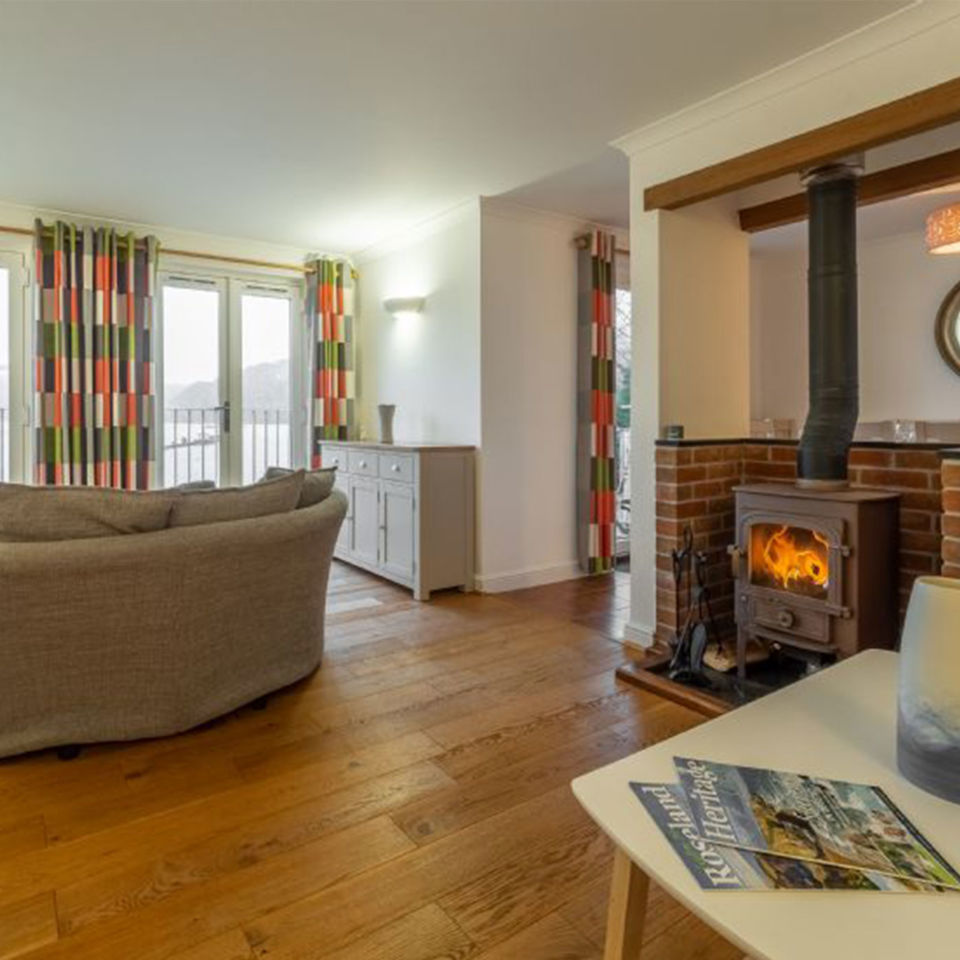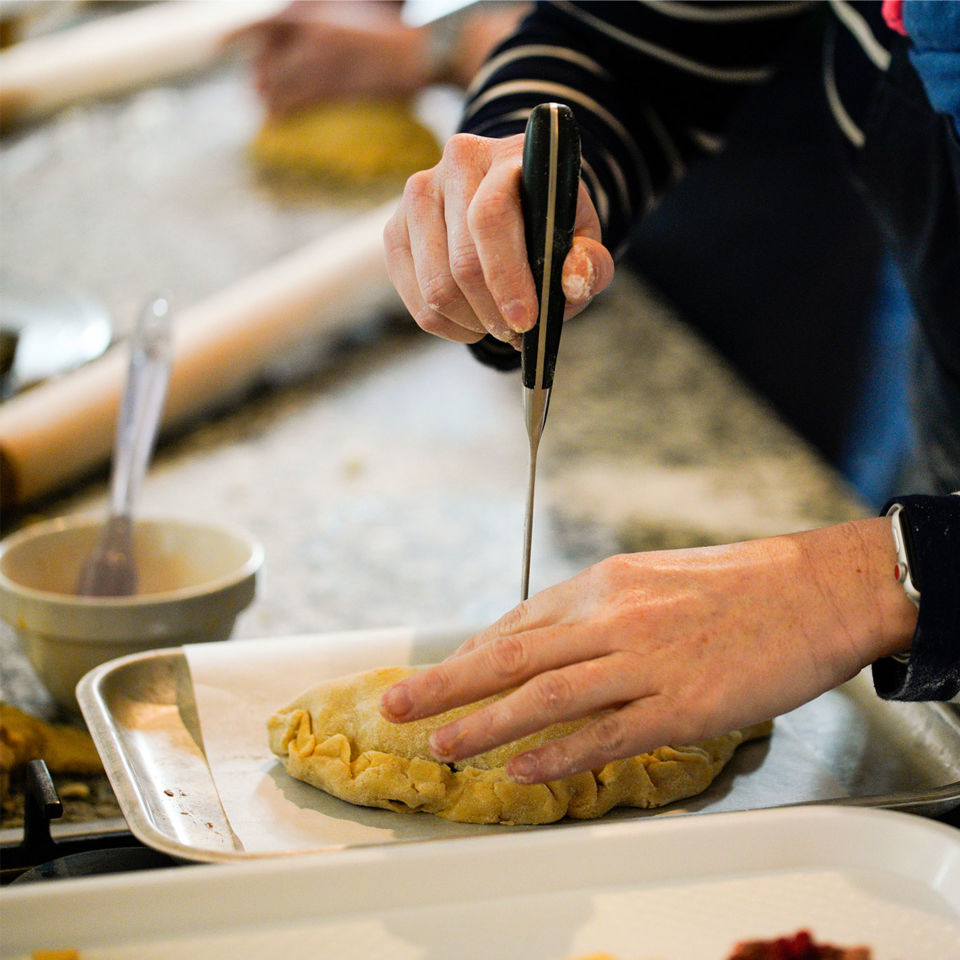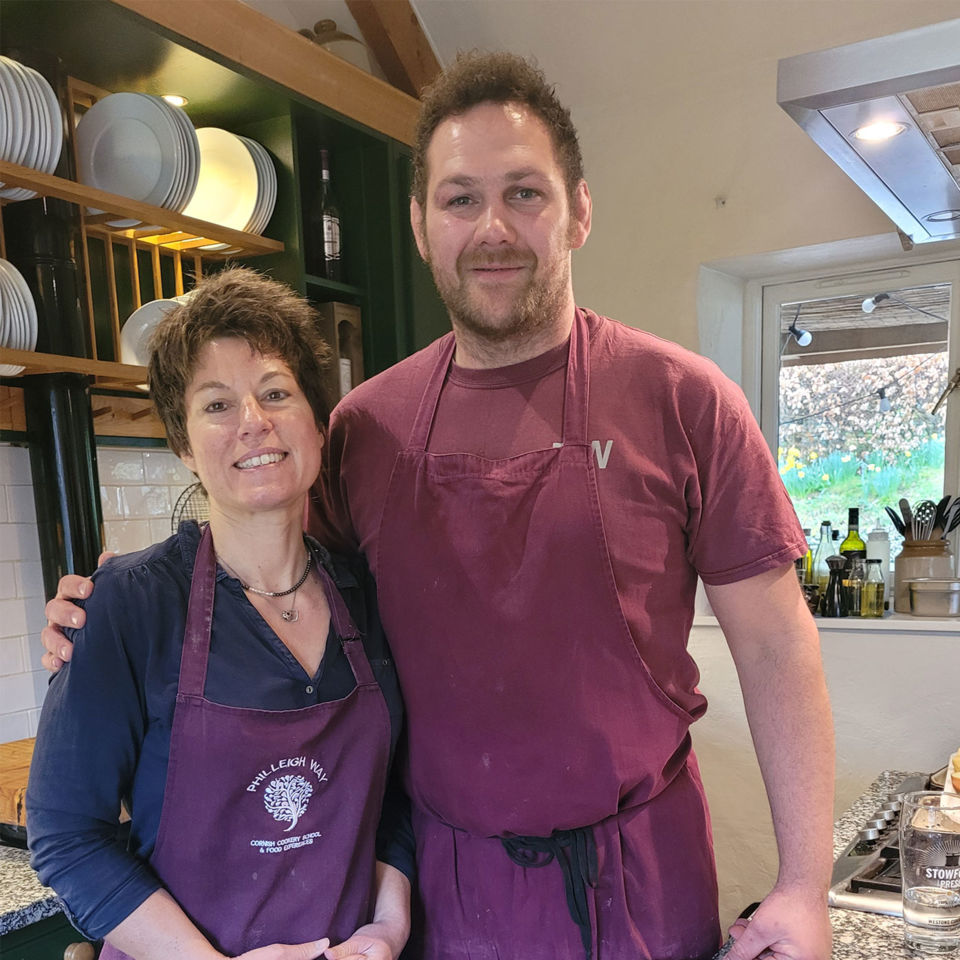Travel
Staycation: Philleigh Way, Cornwall
by Nicola Smith

A charming Cornish cookery course making pasties and scones is filled with plenty of debate on the correct way to do things
Debating pasties or scones in Cornwall can be as explosive as talking about politics or religion. It is a lesson Rupert Cooper, owner of the Philleigh Way Cookery School on the Cornish Roseland, has learnt to his cost. But he is a brave man (clearly, he is a former professional rugby player), and he now offers a ‘Pasties and Cream’ half-day cookery course, in addition to masterclasses on everything from Lebanese cookery to Argentinian Asado barbecue.
My partner Fiona and I had dragged ourselves away from the mesmerising river views at Waterfront House, a perfectly located, light-flooded property in the nearby village of Malpas, which winds along the Truro River. After waking to the sound of ducks quacking below, we had breakfasted on the balcony watching egrets, herons and swans at play, before pasties called...

After a short drive, and an even shorter hop on the King Harry Ferry across the River Fal, we arrived at the cookery school, situated up a farm track in the village of Philleigh. It is set in a charming barn converted into an open kitchen, accommodating up to 10 students. Rupert welcomed us with coffee and, very quickly, guests fell into discussion about crimping (for a pasty to be properly Cornish it must not only be made in the county but, according to the Cornish Pasty Association, crimped on the side, not the top).
Inevitably, talk turned to whether the cream or the jam should come first on a scone, until Rupert called order. He then demonstrated how to make shortcrust pastry for our pasty, underlining the importance of using strong white flour (more pliable than plain). We took to our workstations to follow his lead.

While our pastry chilled, allowing the gluten to relax, Rupert demonstrated how to chop the ingredients, tackling yet another bone of contention – pasties use yellow-fleshed swede, known controversially in Cornwall as turnip... Key to the demo was the tip to ‘chip’ rather than ‘dice’ the root vegetables, giving the pasty a soft texture and enhancing flavour.
After rolling his pastry and cutting it to the size of a small plate, Rupert built the filling, adding plenty of salt and pepper after each layer, before liberally egg-washing half of the pastry and pinching it together. Full disclosure: he then proceeded to crimp at the top then pushed the pasty so it fell sideways, hence adhering to the Cornish rules (I’m not sure any referee would agree...). Rupert then turned his hand to scones (don’t even ask about the correct pronunciation). His tips include warming the milk and adding a squeeze of lemon juice, both of which activate the baking powder, giving the scones extra lift. With that, he slid them into a hot oven.

Back at our workstations, we built our pasties and were ready for crimping. The technique, in its crudest sense, is to twist the pastry over your finger and repeat... It is an art that takes longer than half a day to perfect, as the muttering in the kitchen testified. As our egg-washed pasties turned golden we were treated to the fruits of Rupert’s labour – warm scones slathered with strawberry jam (bottom) and clotted cream (top).
We chatted round the kitchen island sipping our tea and sneaking peeks as our pasties browned (my pastry cracked open: in need of slightly more water. Fiona’s was perfect...). But what a treat! After returning to our waterside property, we sat munching our hot pasties as we gazed over the marina. There is a well-stocked farm shop and café below the property and a lovely pub up the road, but we didn’t need to eat for the rest of the day...
How to book
A half-day ‘Pasties and Cream’ cookery course at Philleigh Way is £55 per person; visit philleighway.co.uk. Four-night breaks at Waterfront House (sleeps eight) in Malpas start at £548; visit cornwallhideaways.co.uk.












